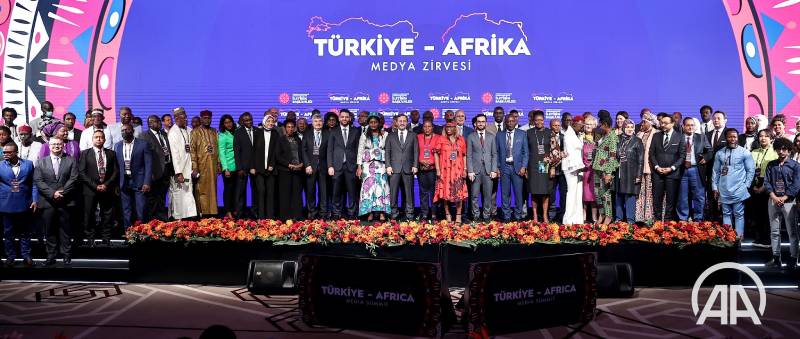×
The Standard e-Paper
Smart Minds Choose Us

On May 25, 80 journalists from 45 African countries converged in Istanbul, Türkiye for a two-day media summit hosted by the Directorate of Communications.
According to Prof. Fahrettin Altun, Director of Communications – Turkish Presidency, Türkiye’s relations with Africa have gained unprecedented momentum and made extraordinary progress over the last 20 years.